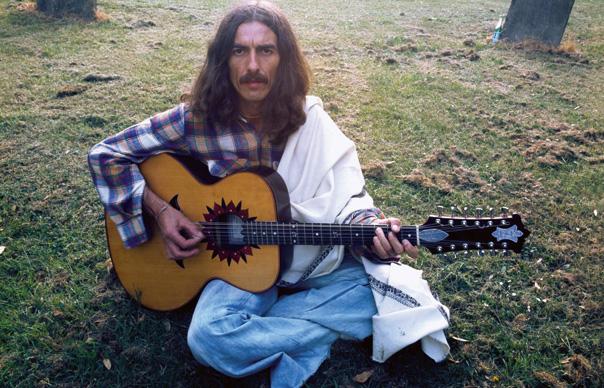Quiet ones from the quiet one... Now, it seems, the slow unpeeling of the George Harrison archive is beginning. Designed to accompany the Martin Scorsese documentary boxed set, Early Takes Vol. 1 – even the title sounds like a bootleg – is a collection of ten demos, six of which ended up on All Things Must Pass, two glorious covers (Dylan’s “Mama You’ve Been On My Mind”, which Harrison had played during the Let It Be sessions, and the Everlys’ “Let It Be Me”) and two songs saved for later albums, “The Light That has Lighted The World” and “Woman Don’t You Cry For Me”. All of them – except, arguably, “My Sweet Lord” – benefit from these spartan, bandless versions, as Harrison brings a delicacy to the material that Phil Spector, for one, chose not to. This is a delightful and charming addition to the original body of George’s work, which highlights the quality of his songwriting and presents the material in a fresh light. Sadly, it’s unclear why quality has not been matched by quantity; those of us growing up in the 1970s who thought George’s Beatle/solo greatest hits was short weight will be nostalgically jolted back in time when they realise that this collection barely makes it past the 30 minute mark. DAVID QUANTICK
Quiet ones from the quiet one…
Now, it seems, the slow unpeeling of the George Harrison archive is beginning.
Designed to accompany the Martin Scorsese documentary boxed set, Early Takes Vol. 1 – even the title sounds like a bootleg – is a collection of ten demos, six of which ended up on All Things Must Pass, two glorious covers (Dylan’s “Mama You’ve Been On My Mind”, which Harrison had played during the Let It Be sessions, and the Everlys’ “Let It Be Me”) and two songs saved for later albums, “The Light That has Lighted The World” and “Woman Don’t You Cry For Me”.
All of them – except, arguably, “My Sweet Lord” – benefit from these spartan, bandless versions, as Harrison brings a delicacy to the material that Phil Spector, for one, chose not to. This is a delightful and charming addition to the original body of George’s work, which highlights the quality of his songwriting and presents the material in a fresh light.
Sadly, it’s unclear why quality has not been matched by quantity; those of us growing up in the 1970s who thought George’s Beatle/solo greatest hits was short weight will be nostalgically jolted back in time when they realise that this collection barely makes it past the 30 minute mark.
DAVID QUANTICK


